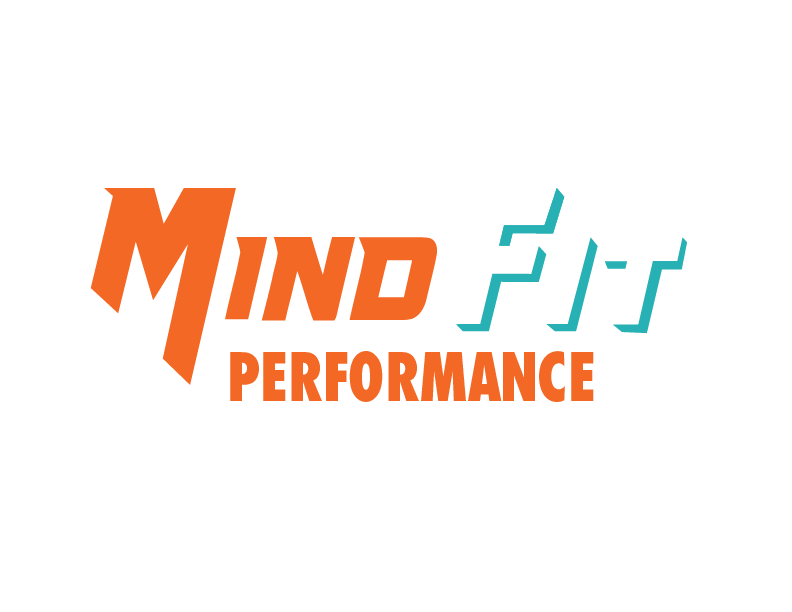Frequently Asked Questions
-
Much like how going to the gym or working with a personal trainer allows you to improve physically, mental performance helps train your brain so you can improve mentally - by building awareness of how the mind influences performance and by learning, fine tuning, and applying mentals skills.
-
Not at all! ‘Sport psychology’ is the name given to the field, but the origin and aim of sport psychology is ‘the psychology of performance,’ often referred to as mental performance. The tools and skills utilized in sessions apply as naturally to performing in the classroom, the boardroom, the operating room, on the stage, and in social and family settings as they do to the field, rink, court, mat, or pool. Sport psychology is about building skills to perform better as people, not only as athletes.
-
When working with MFP, you can expect the same high-level, customized, collaborative process to help you achieve consistent performance levels:
Building awareness;
Of your tendencies, triggers, strengths, and areas for improvement
Confidentiality;
What we discuss will remain between us unless written consent to share is given
Guidance;
Ongoing assessments to make sure tips and techniques are customized to match your needs
Total Support;
Throughout the journey to a stronger and more purposeful mindset
-
We help clients understand how the mind influences performance and help to train their brains through building awareness and developing their performance mindset so they perform how they want, when they want.
-
Regardless of time of year or time of season, it’s always a good time to develop the skills necessary to master your mindset so you can perform the way you want. If you feel you are not able to perform the way you want, that you want to improve specific areas of your performance, or you are returning from an injury, seeking out the support of a mental performance expert can facilitate you on the journey towards consistent performance.
-
If you find yourself wanting to be better at something, then mental performance training is for you. We perform everyday in all areas of our lives, as athletes, musicians, singers, dancers, actors, family members, coaches, and business professionals, and can all benefit from a more consistent mindset.
-
Mental performance training is customized and tailored to each client’s needs, therefore results will vary. However, with commitment, dedication, trial and error, and collaboration, clients are likely to see improvements in their performance endeavors, such as improved focus, more purposeful self-talk, more consistent confidence, and improved stress management.
-
While there are many similarities between sport psychology and therapy, there are a few important differences. Sport psychology is intended to help an individual or team understand how the mind influences performance and apply mental strategies that help them perform their best - and this is done through collaborative and interactive sessions targeting both the body and mind while focusing primarily on performance. Therapy is also collaborative and takes a person-centered approach, but primarily targets the mind.
-
Our sessions are tailored to each individual, so sessions will vary based on the presenting issues, wants, and needs of the client. That said, our ambitions in one-on-one sessions remain largely the same: have conversations that build the client's awareness of performance tendencies and triggers, understand the client’s goals and obstacles to those goals, and collaborate in creating a customized mental performance plan. We will work with the client to address, accept, or remove obstacles and create a pathway to optimize performance.
-
Most of our youth clients prefer one-on-one sessions. We also offer one-on-one sessions and group sessions with parents/guardians included in the process. We’ll work with you and the client to determine which type of sessions work best for you and your goals, and can modify our plan if new needs or issues arise.
-
MFP does not accept direct payment from insurance companies as we are considered “out of network”, which means we cannot submit a claim to your insurance provider. Because of that, we've had clients use their Health Savings or Flex Spending (HSA/FSA) to pay for services. We can process payment via credit or debit card. You may want to contact your insurance provider first and discuss your benefits and ask what specifically you can use those accounts for, as many insurance companies have restrictions.
-
MFP offers a variety of package options depending on individual or group needs. Please see the service page for Athletes, Performers, or Support Systems for more details.
-
Most of our services are charged at the time of booking through our website.
For any variable or split payment service options, you may be charged a portion at the time of booking, and a remaining balance invoice submitted to you separately.
-
Yes, MFP can provide remote performance services nationally and internationally.
-
You are expected to be on time. Tardiness in excess of 15 minutes may require the session to be rescheduled or adjusted to fit within the allotted time. Rescheduling will result in full billing for the session.
If your Mind Fit Performance team member is tardy or does not show up, the session will be adjusted accordingly or rescheduled so you get your full-allotted time.
-
If you need to cancel a scheduled appointment, please do so 48 hours in advance, even if that 48 hours falls on a weekend. This allows Mind Fit Performance to offer that hour to other clients. We recognize that life happens and therefore, one “emergency” cancellation (without 48 hours notice) will be accepted per calendar year. After your one “emergency” cancellation is used, ALL future cancellations will be billed in full if insufficient notice is given, even if it is an emergency. In this case, an emergency can be defined as health or mental health related, or a major life event.
